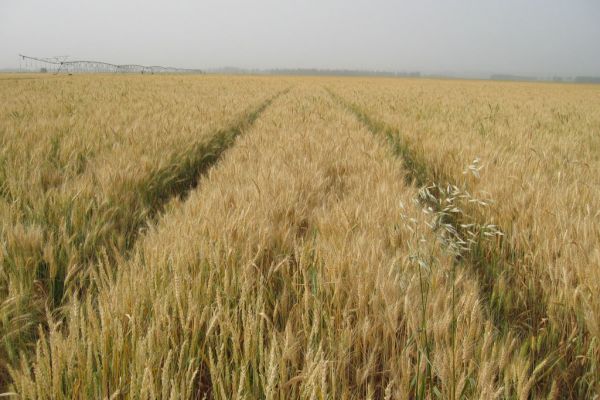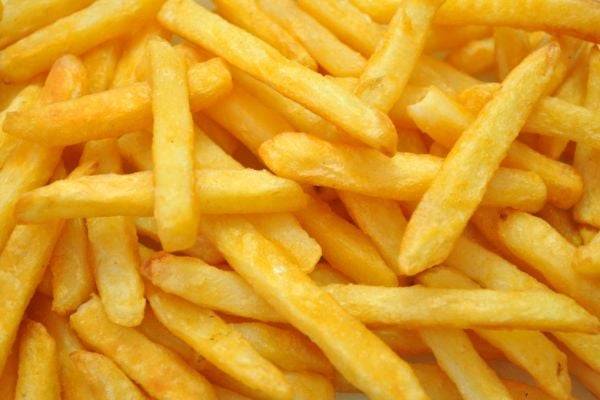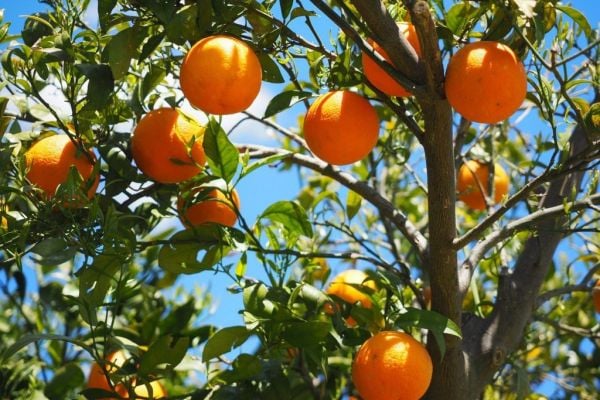Ukraine will try to unblock exports of food and grain through Poland in a second day of talks in Warsaw on Tuesday after some of its staunchest allies in central Europe imposed bans on its products.
Poland, Hungary and Slovakia have recently banned imports of Ukrainian grains and produce to protect their markets from an influx of cheaper supply.
Ukraine's exports via these countries have risen due to Russia's invasion, which has blocked some of its Black Sea ports.
Bottlenecks caused by slowed rail shipments or a lack of railcars have exacerbated the problem, trapping large quantities of Ukrainian grain in Central Europe which has lowered prices and hurt sales by local farmers, turning up the heat on governments.
Poland's ruling nationalist Law and Justice (PiS) party faces an election this year and counts on rural areas for support.
Ukraine and Poland began talks on Monday over Warsaw's ban, which went further than others by stopping Ukrainian grain and food in transit.
Polish agriculture minister Robert Telus told public radio station PR1 on Tuesday that talks were set to continue.
"We are talking with the EU as well as with Ukraine to find solutions. We want these products to go to Europe, but go deep into Europe," agriculture minister Robert Telus said.
"Today we are also sitting down for talks...These are typically technical talks to find a solution and let this transit go to Europe," he added.
Grain Transit
In Hungary, officials were checking shipments of Ukrainian grain at the border, only allowing transit deliveries to pass, MTI news agency cited Marton Nobilis, the agriculture ministry's state secretary for the food industry and trade policy, as saying.
Hungary and other countries in central Europe have joined together in pushing for an EU-wide solution.
The EU has criticised Poland, Hungary and Slovakia for putting individual bans in place. EU envoys were set to discuss the bans on Wednesday, according to a senior EU official, who said low global prices and demand meant grain was staying in the bloc rather than being sold on.
The bans come as a deal allowing Ukraine to export millions of tonnes of Ukrainian grain via the Black Sea is set to expire on 18 May.
Russian demands have left the prospect of an extension of the deal uncertain.
The combined impact of the bans and failure to agree an extension would strand millions of tonnes of grain inside Ukraine, a major agricultural producer that generate a substantial part of its gross domestic product from grain and food sales.
News by Reuters, edited by ESM – your source for the latest supply chain news. Click subscribe to sign up to ESM: European Supermarket Magazine.














